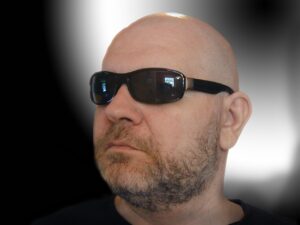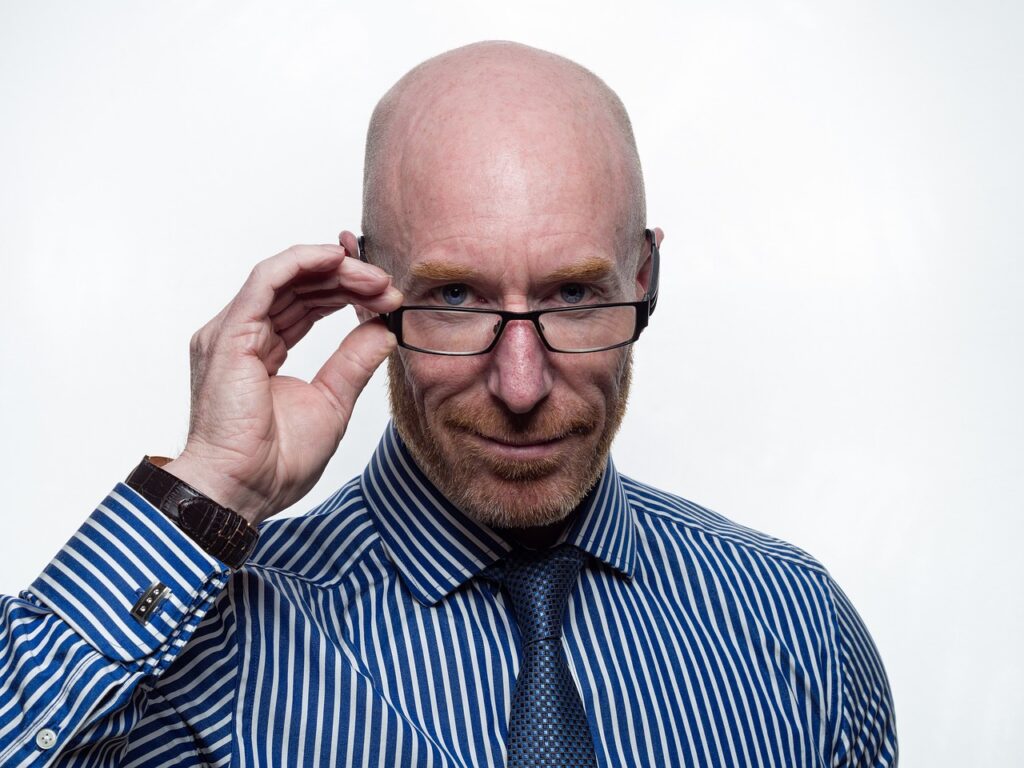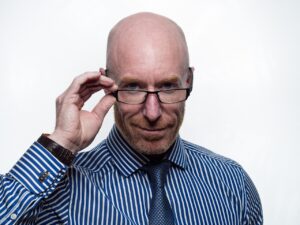While Prince William is rocking the receding hairline, not everyone has a royal bloodline to make themselves feel better about their balding heads. In fact, 35 million men and 21 million women undergo hair loss in America alone. Despite it being completely normal, many still feel the impact of hair loss, not only physically but emotionally as well. The New York Times says that while it’s substantially more traumatizing for women, men have also become increasingly conscious about the way they look, and both genders may suffer a tremendous blow on their self-esteem.
Though hair loss treatments exist, being stared at and becoming the perpetual target of bald jokes at gatherings will take its toll on anyone. In a culture where a full, beautiful head of hair serves as symbol of youth and attractiveness, living with alopecia is challenging and can definitely lead to insecurity. Apart from shame, people with thinning hair also experience emotional stress. Here are seven ways in which hair loss can affect one’s well being, but also why it shouldn’t.
1. Increased Introversion

With increased insecurity comes increased introversion. alopecia does not only bring internal struggle, it can also hinder one from participating in social interactions. For some, it may even reach the extent of not wanting to leave the house to accomplish mundane, everyday tasks, such as doing the groceries. This is due to the fact that hair loss in men and women can cause neuroticism and embarrassment. However, if you’re exhibiting signs of Alopecia and feeling more self-conscious, it may just be your “imaginary audience” talking. This is a psychological concept that is predominant among teens, which causes one to believe that people are constantly watching and judging them. In truth, most people are actually too concerned with themselves and aspects of their own lives to notice your bald spot, leaving you with no reason to be constantly feeling anxious.
2. The Fear of Getting Old
While hair loss can be caused by psychological conditions, more often than not, it’s associated with aging. In fact, Daily Mail says studies show that for a whopping 94% of men, hair loss wins as their greatest fear when it comes to growing older, even surpassing impotence at 89%. After all, statistics also show that by the age fifty, 85% of men and 50% women will have already experienced a significant amount of thinning. Though it may feel as if your youth is escaping you, many also forget that hair loss isn’t constrained to those in their “golden years.” Hair thinning can begin in a person’s early twenties simply because of genetics. At the same time, 3% of medical concerns in children are hair loss related. This only proves that balding can happen at any age, and there’s no shame in that.
3. The Fear of Being Unattractive
It’s normal human behavior to anchor our identity to our physical appearance. The clothes we wear and the way we style our hair is a way for us to express ourselves. While it may seem trivial, it shows others how we want them to perceive us, and that’s an important part of a person’s emotional and mental health. It also makes sense that we anchor our self-confidence to our looks. Society can be shallow and everyday, judgments are made purely based on aesthetics. However, this doesn’t mean you’re hideous. Bald isn’t always associated with ugly. On the contrary, women actually find baldness sexy. They find that it makes men look manlier and more mature. This also means that they don’t have to fuss with a guy that’s more high maintenance than them. As for hair loss in women, the solution is as easy as getting a shorter haircut. Moving your hairline can also easily hide thinning. If, after this, you still feel unattractive, it may be time to look at hair loss treatments, which can regenerate your gorgeous set of thick locks in as soon as six months.
4. Subconscious Jealousy
Another impact of hair loss is subconscious jealousy. Whether it’s the people you surround yourself with or the celebrities you aspire to be like, those with a full head of hair can easily become the target of your envy. This may also lead to other stronger and more negative emotions such as anger and disdain — emotions which can become unhealthy when constantly harbored. If your jealousy is caused by the thought that all the best looking people have luscious locks, think again. The hottest action stars, like Vin Diesel, actively choose to be bald. One of the most powerful men on Earth, President Barack Obama is also well on his way there.
5. Depression
According to a 2012 study by the National Institute of Health, 29% of women experiencing hair loss exhibit at least two key symptoms of depression. This only reiterates the fact that women are more likely to experience emotional stress from alopecia, though both genders are prone to it. When it all adds up — the neuroticism, insecurity, self-consciousness, and introversion — can lead to depression which is perhaps the most dangerous and serious psychological effect of hair loss. However, this is not the end. You’ll only reach the point of total despondency if you allow yourself to go there. Other than the various tricks and tips that you can try to combat your low morale, again, there are hair loss treatments easily available to treat both men and women.
Whatever hair loss makes you feel, there is always hope. There are a range of solutions depending on your need. Hair loss treatments are now more widely available. If you’re looking to take action against thinning hair, you may want to check out NuHart, a world leader in hair restoration. Again, your condition may not be as bad as you perceive it to be but better sure than sorry.

